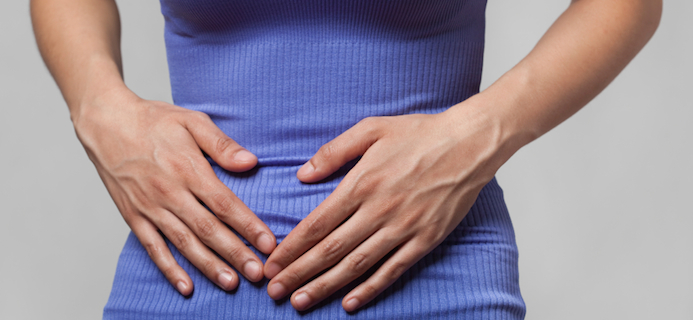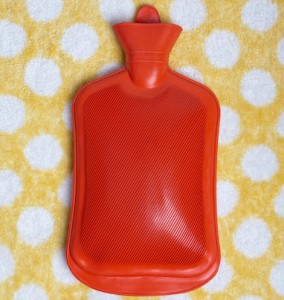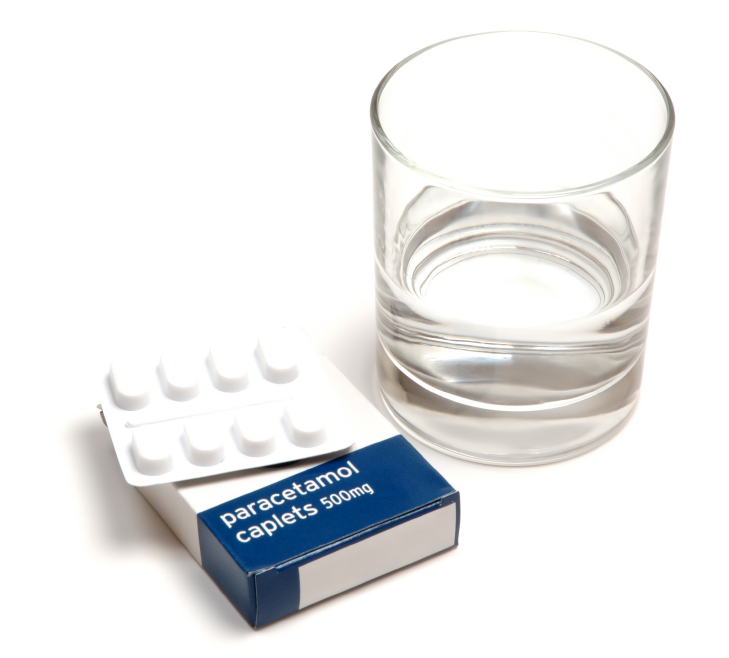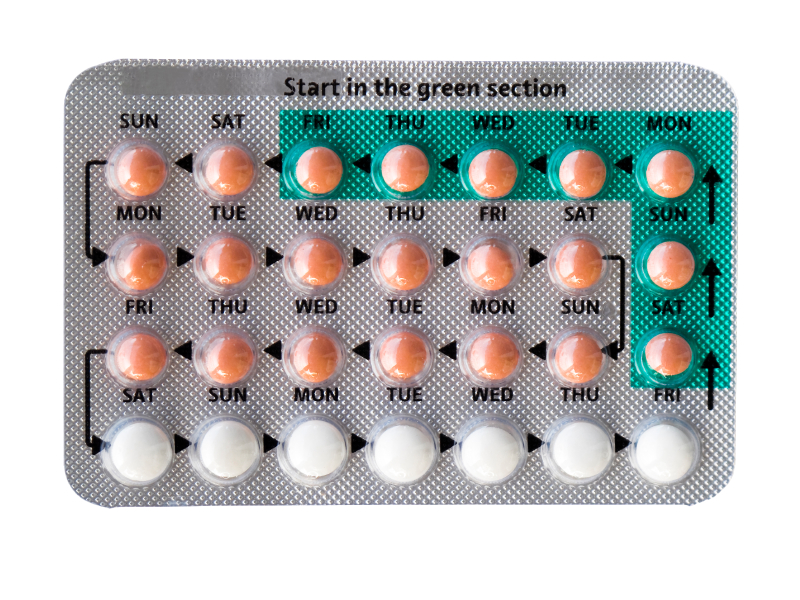Every women suffers from period pains; some more than others. Our quick guide is designed to help you take measures to control it and ensure there are no underlying medical issues you need to have checked out
Most women suffer a degree of pain and discomfort from a period once a month, but in some cases the suffering caused can be immense. Whilst most of the symptoms can be treated relatively simply at home, some may need expert help from a women’s health hospital for further investigation or surgery. If you’re experiencing excessive pain, there are several options available to you, from simple at-home measures to seeking medical help.
Alleviating your own period pains
Period pains are an inevitable part of life for most women of a certain age. However, if you’re struggling to cope with the intensity and related side-effects, there are a few things you can try before seeking professional advice.
- Applying heat with a hot water bottle, electric blanket or a heat pad can soothe your tummy and give you some much needed relief.
- Although you may feel like lying in bed when period pain strikes, staying active and moving around can sometimes help to reduce the severity of your suffering.
- Gently massaging your tummy whilst lying on your back can lessen the pain in some cases
- Experiment with various exercises and techniques designed to make you relax, including yoga and Pilates.
- A transcutaneous electronic nerve stimulation machine emits electrical pulses that can interfere with nerve-endings and alleviate period pain. These relatively simple devices are available in most large pharmacies.
Alleviating your period pain with medication
If your period pain becomes unbearable, a trip to a GP or private gynaecologist may be the best course of action. You might be prescribed an anti-inflammatory drug called a NSAID, which is known to help around 70 percent of period pain sufferers. However, your physician will need to ask you a few questions before prescribing, as the drug can exacerbate asthma, kidney problems and stomach ailments.
There is a chance that your GP or gynaecologist will recommend taking paracetamol at regular intervals, or you may be prescribed codeine if something stronger is needed. However, in particularly severe cases, a combined oral contraceptive may be the recommended course of action. These medications help to reduce the lining of the womb, which in turn reduces the amount of hormones released by the body. A thinner womb lining means the surrounding muscles don’t need to work as hard in order to shed the lining during menstruation.
Your period pains could be related to an underlying problem
The vast majority of period pains are simply a result of the monthly menstruation cycle. However, if your periods are heavy and particularly painful, there is a small chance that something else is happening.
If three months of taking the pill or anti-inflammatories has not alleviated your period pains, your GP may refer you to a specialist for some detailed investigations. In some rare cases, fibroids may be the cause of the heightened pain you’re experiencing. You may also be suffering from pelvic inflammatory disease (PID), which will require a course of antibiotics.
It is not unusual for some periods to be heavier and more painful than others. However, no one knows your body better than you do, and if you’re concerned at the severity of the pain you’re enduring, you should seek medical assistance as soon as possible.
Like this article? Sign up to our newsletter to get more articles like this delivered straight to your inbox.
























































